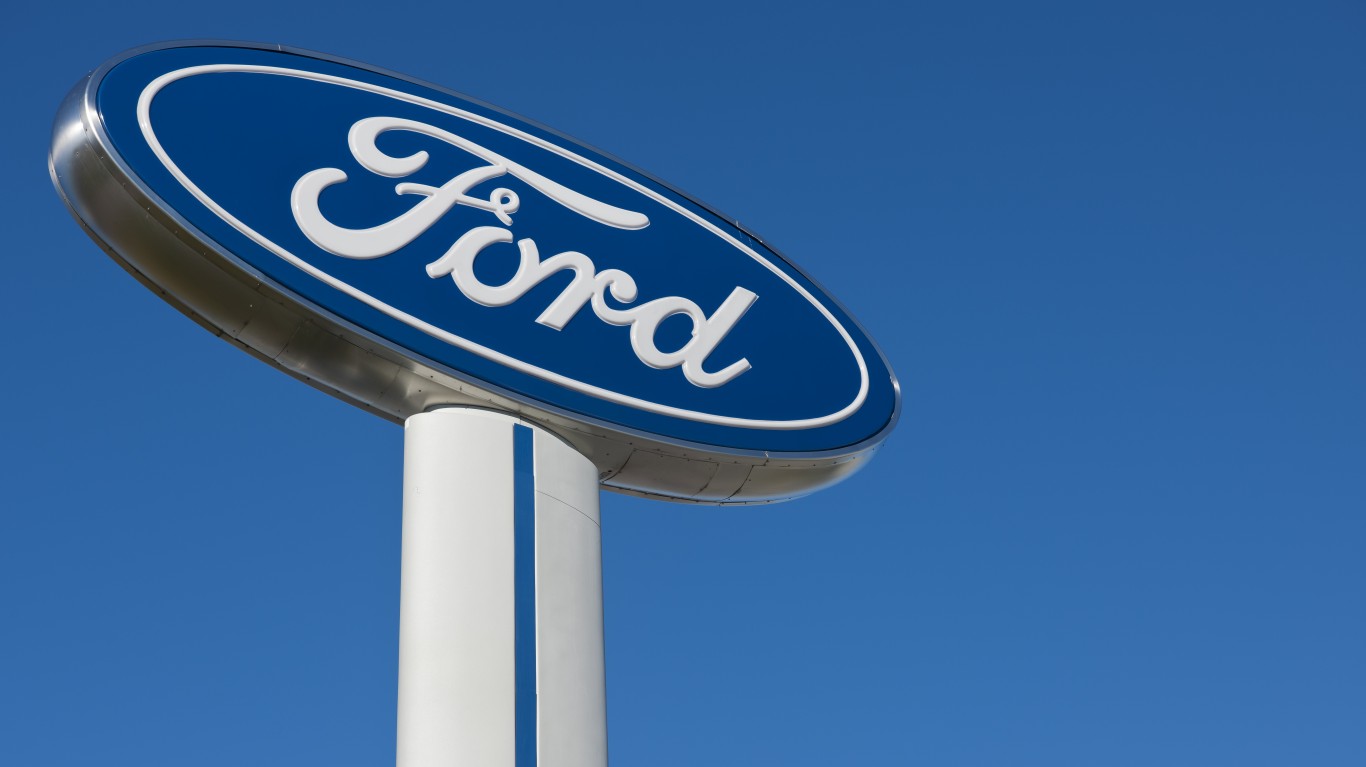
General Motors Co. (NYSE: GM) announced this morning that the company will stop selling cars in India by the end of this year, although the company plans to continue building cars there for export. GM is making a number of other changes to its international business as well.
The idea, which CEO Mary Barra has made the cornerstone of her leadership of GM, is that profits are more important than market share. Earlier this year, GM agreed to sell its Opel Group to Peugeot and leave the European market. The company pulled out of Russia a few years ago.
The president of GM’s international division, Stefan Jacoby, said:
In India, our exports have tripled over the past year, and this will remain our focus going forward. We determined that the increased investment required for an extensive and flexible product portfolio would not deliver a leadership position or long-term profitability in the domestic market.
Barra once again articulated the company’s focus:
We are committed to deploying capital to higher return initiatives that will enable us to lead in our core business and in the future of personal mobility. Globally, we are now in the right markets to drive profitability, strengthen our business performance and capitalize on growth opportunities for the long term. We will continue to optimize our operations market by market to further improve our competitiveness and cost base.
In addition to stopping sales in India, where the company sold just 29,000 vehicles last year, GM also said it is selling its plant and remaining 30% interest in a manufacturing operation in South Africa to joint-venture partner Isuzu. GM expects to phase out sales of its Chevrolet brand in South Africa by the end of this year. GM sales in South Africa last year totaled around 20,000 vehicles.
Isuzu is also acquiring GM’s 57.7% stake in the East Africa market and will stop sales of Chevy there as well. GM said it also plans to “streamline” its regional headquarters in Singapore, which undoubtedly means getting rid of some staff.
The company expects to take a charge of around $500 million in the second quarter and to realize annual savings of $100 million. About $200 million of the charges will be cash expenses.
GM’s focus now is on three regions: North America, South America and China. The company has also begun to invest in self-driving vehicle technology, which GM is paying for by closing its poorly performing businesses. President Dan Ammann told The Wall Street Journal, “If we’re going to allocate resources to develop leading capability [in self-driving technology], what are the things we’re going to stop doing in order to support that?”
GM’s stock traded down about 0.3% Thursday morning, at $32.31 in a 52-week range of $27.34 to $38.55.
Are You Ahead, or Behind on Retirement?
If you’re one of the over 4 Million Americans set to retire this year, you may want to pay attention. Many people have worked their whole lives preparing to retire without ever knowing the answer to the most important question: am I ahead, or behind on my goals?
Don’t make the same mistake. It’s an easy question to answer. A quick conversation with a financial advisor can help you unpack your savings, spending, and goals for your money. With Zoe Financial’s free matching tool, you can connect with trusted financial advisors in minutes.
Why wait? Click here to get started today!
Thank you for reading! Have some feedback for us?
Contact the 24/7 Wall St. editorial team.




